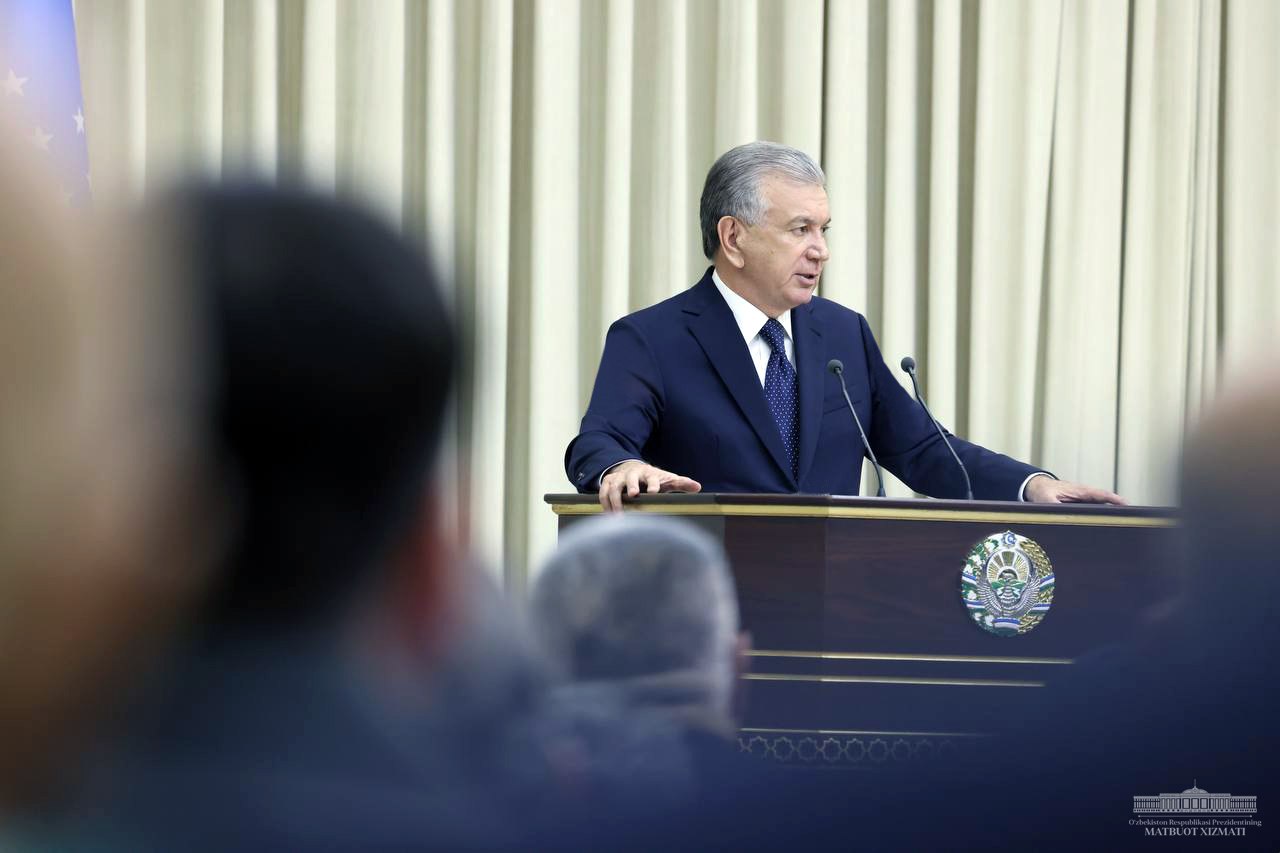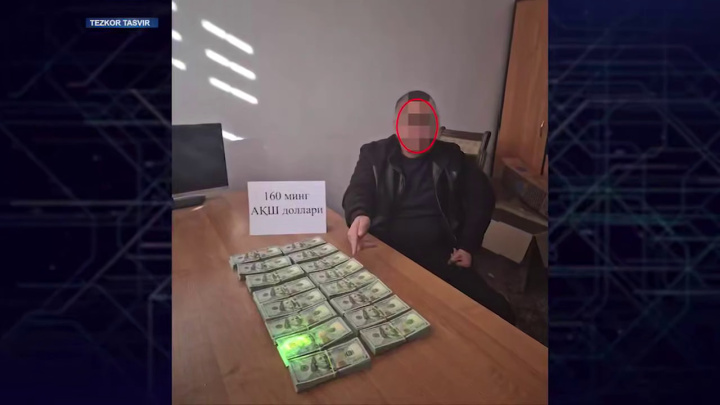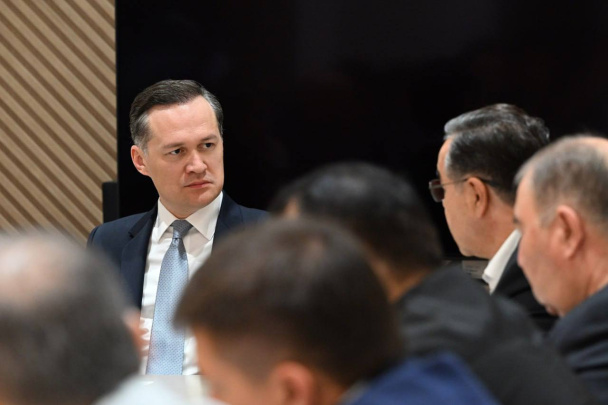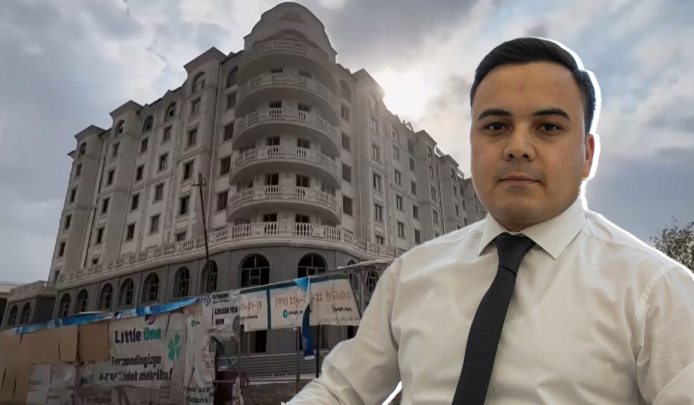In order to improve the supply of energy resources to the city of Tashkent, the following additional tasks were set by the President:
ꞏ launching projects to generate 400 million kilowatt hours of electricity by installing solar panels in industrial zones and large enterprises;
ꞏ ensuring the production of 75 million kilowatt hours of electricity due to the installation of solar panels in the social sector and government buildings;
construction of a large 500-megawatt solar power plant in Yuqori Chirchik district;
ꞏ reducing electricity losses by 1% and increasing energy efficiency by 3% in industrial enterprises in the capital;
completing renewal of the internal heating system of 1 thousand 817 multi-storey buildings;
ꞏ renewing 300 kilometers of main heat networks and reduce losses by 5%.
In total, $1 billion will be allocated for the introduction of renewable energy in the city.
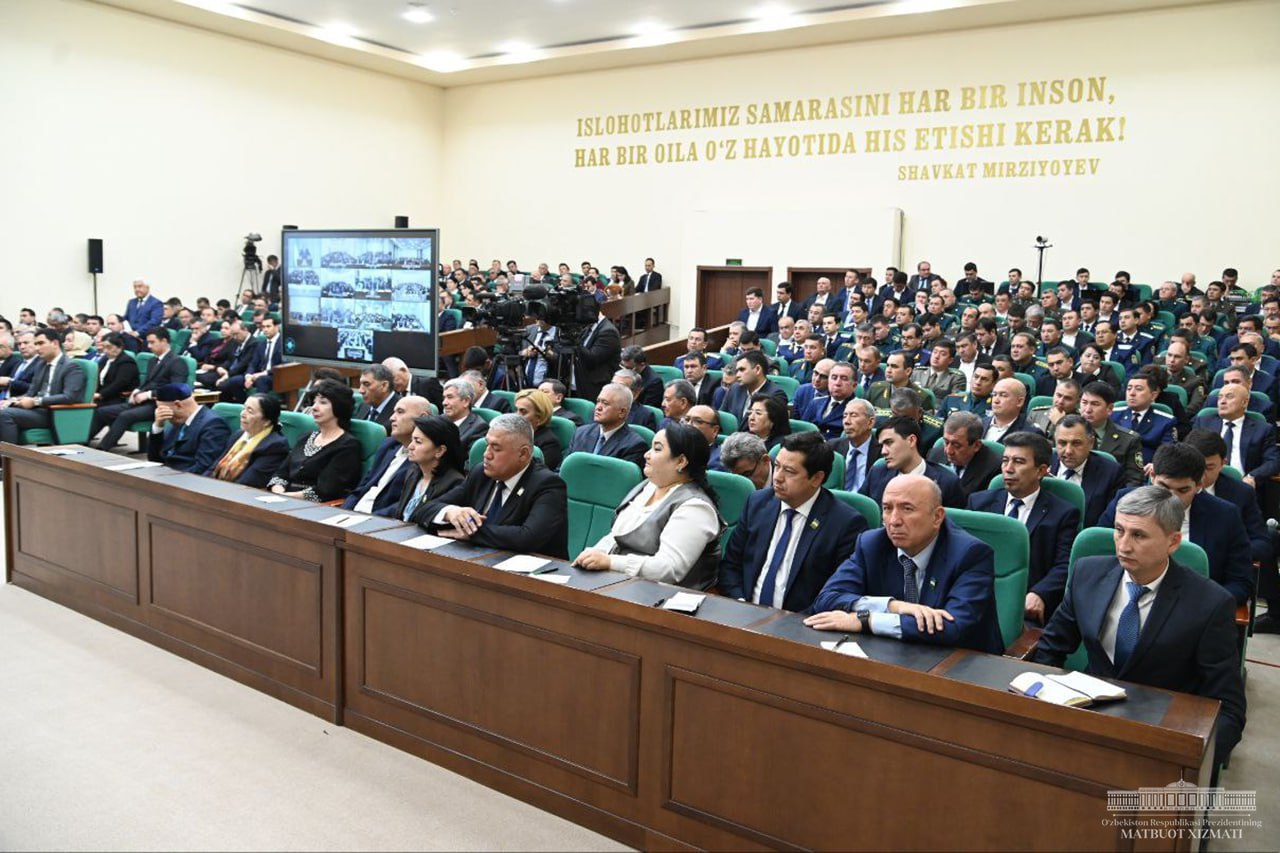
At the meeting, the issues of ensuring employment of the population in the capital in 2023 were discussed.
It was emphasized that it is necessary to rely on and support entrepreneurs in achieving great goals in creating new jobs.
In particular, this year, 20 trillion soums of loans will be allocated for the development of the service sector in Tashkent, and 300 billion soums of preferential loans will be allocated for family business.
The followings have been entrusted to officials until the end of the year:
ꞏ launching 14 large shopping complexes, as well as ensuring the establishment of 12,000 trade and service facilities;
ꞏ help with commissioning 57 hotels, 3,500 catering establishments, and 7,000 trade and service facilities in mahallas.
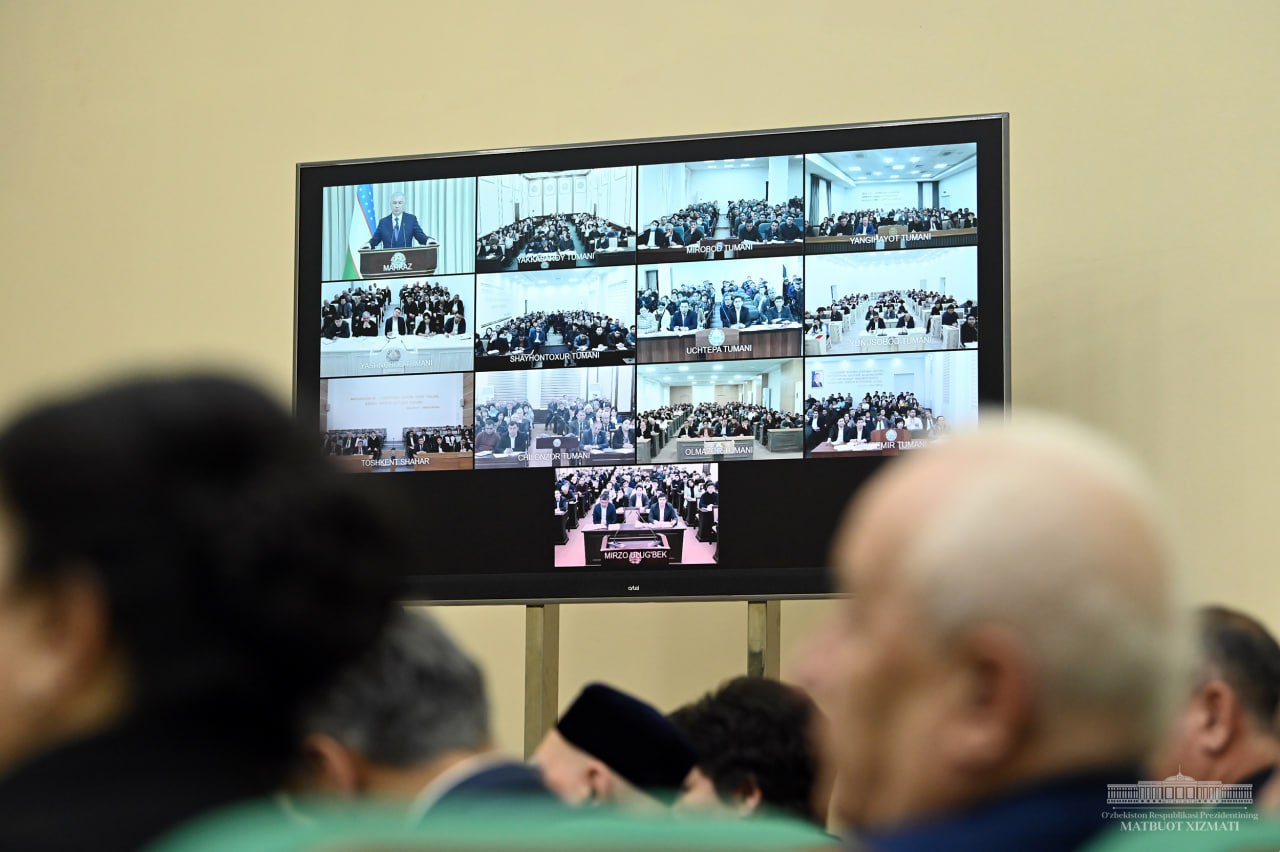
1.4 trillion soums are being allocated to the city of Tashkent to improve the social and production infrastructure in the mahallas.
Also, 573 billion soums will be allocated to the infrastructure of mahallas under the “Open budget”.
The President emphasized that additional funds will be allocated for the improvement of mahallas, repair of networks, roads, and water facilities.
Therefore, it was decided to allocate an additional 1 billion soums from the budget to each of the 584 mahallas in the city, totaling another 584 billion soums.

